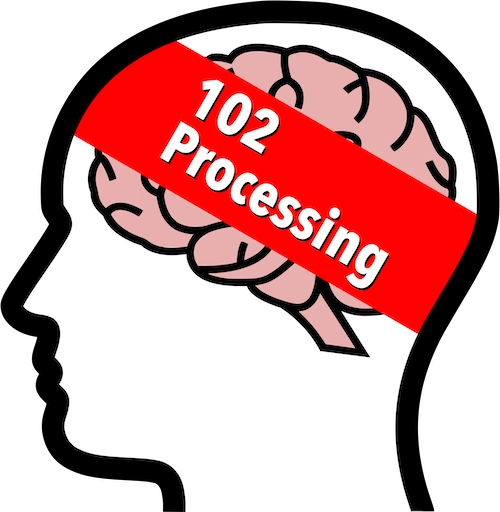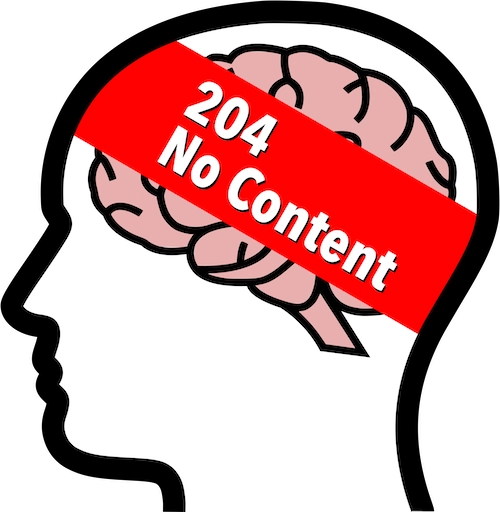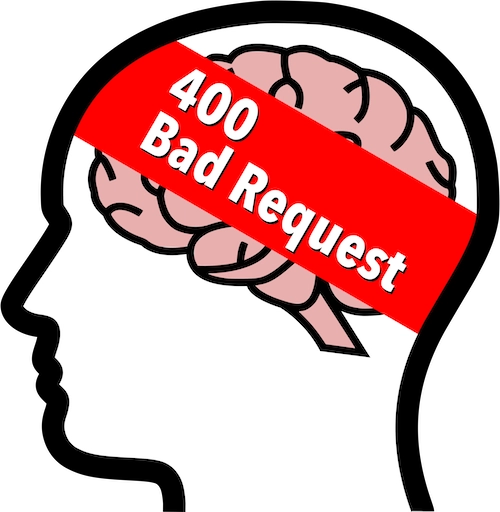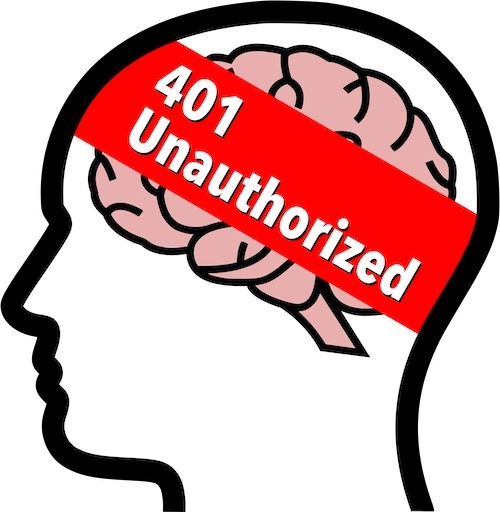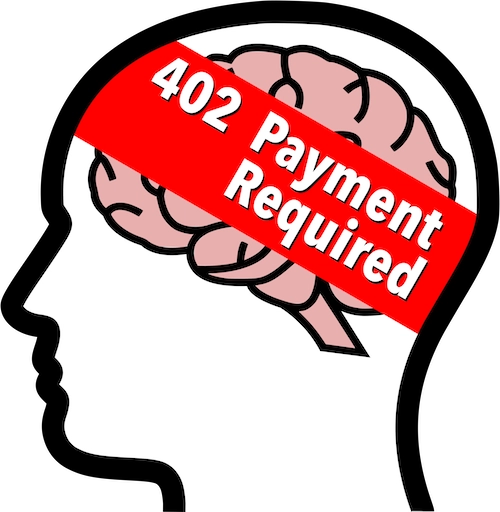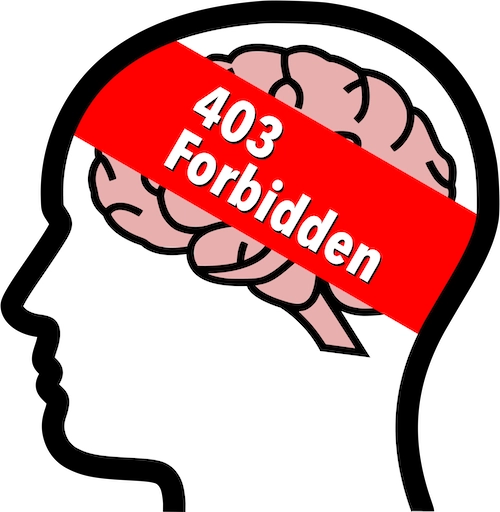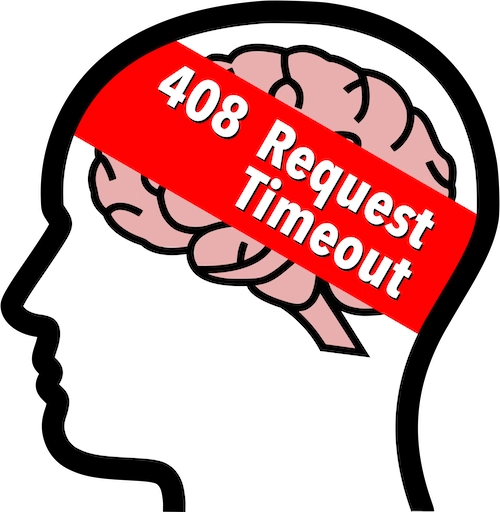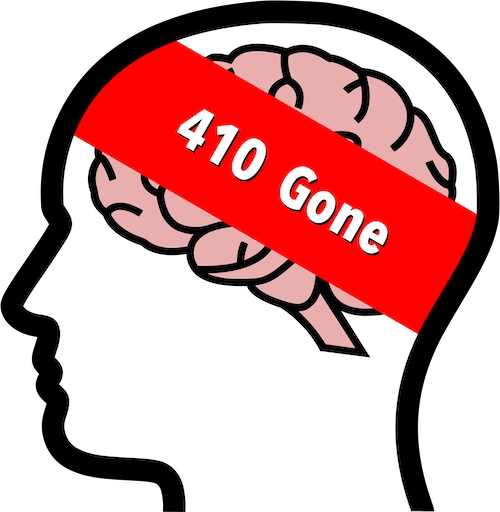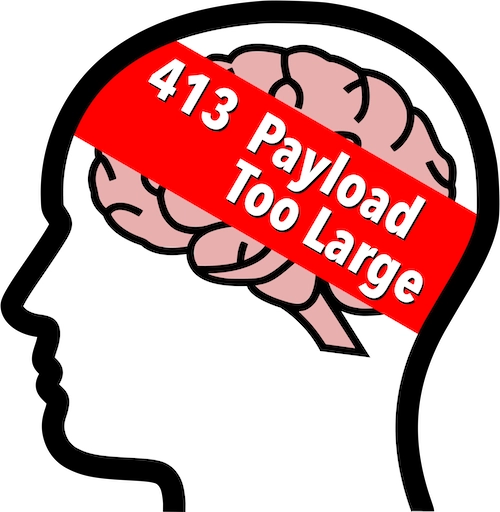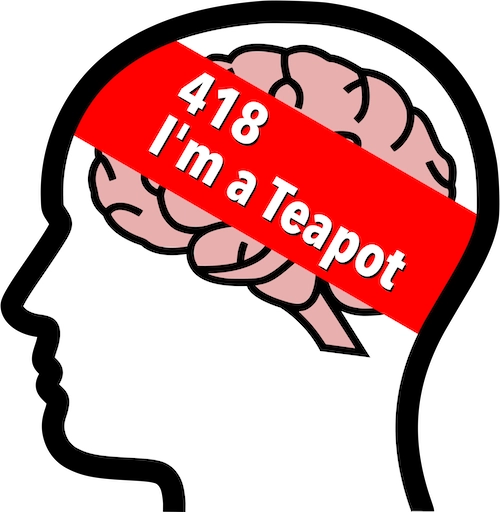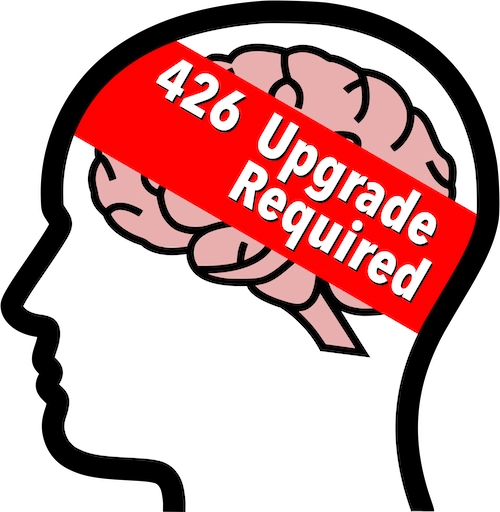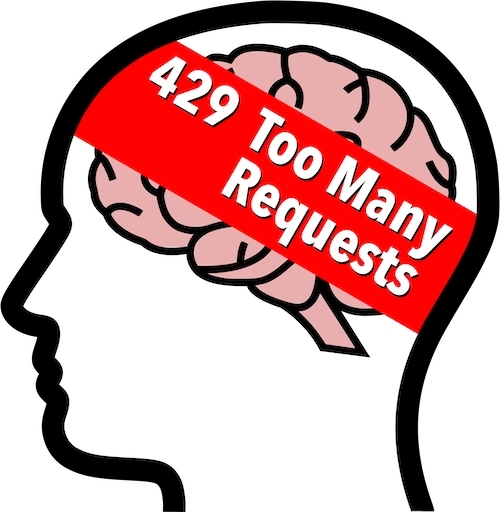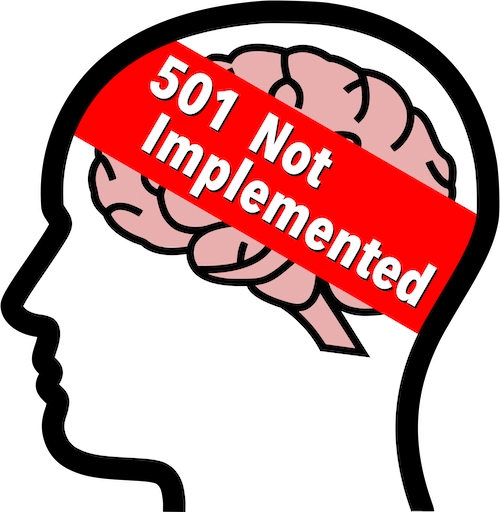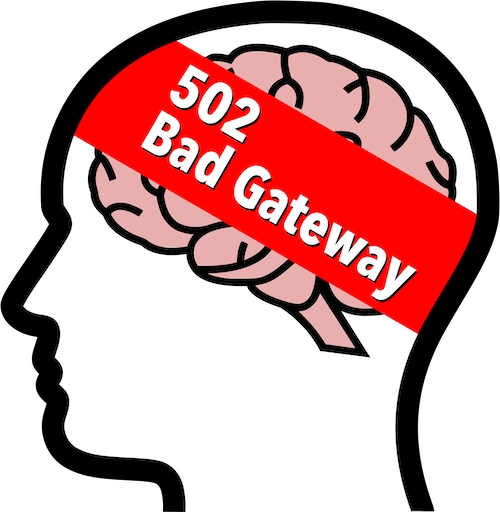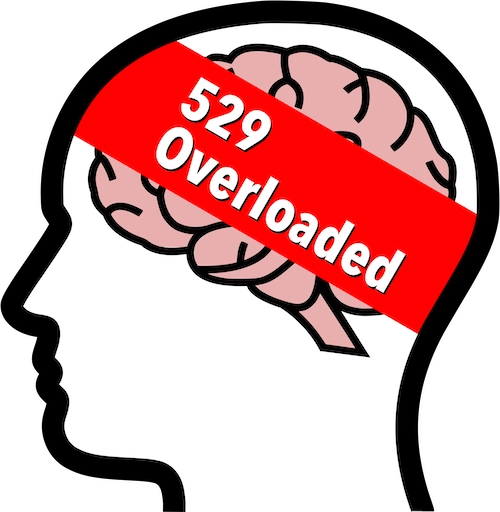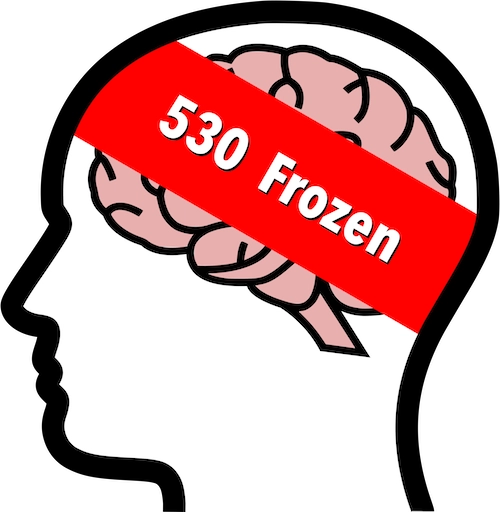Human Brain Is a Computer
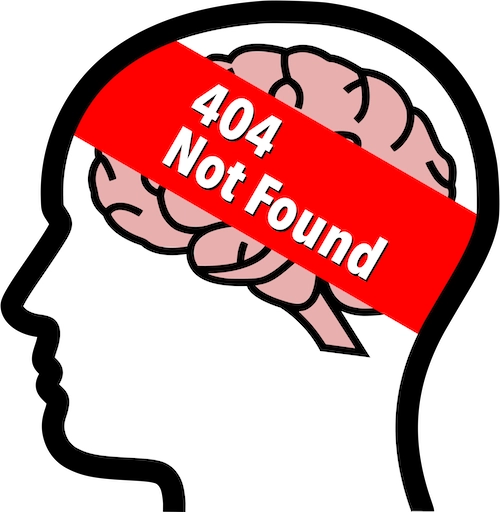
Your brain is a computer. Neuroscientists say so. And being a computer, your brain runs programs. Some are good, some are bad, there can be some viruses and trojans too.
You may ask who installed those programs in your brain. Well, mostly your parents did, when you were a child. So when you are afraid of clowns, it's most likely because your parents took you to the McDonald's too early in your life.
Now you know who is to blame for you miserable life.
Brain Power
It's not all about the programs in your head, though. Computing power plays a major role here as well.
The question is: is your brain the latest Apple Silicon chip with the artificial intelligence and machine learning? Probably both intelligence and learning are unknown to you and your brain looks like 30 years old Intel 286 processor.
Now you can see how similar human brain and computers are - brain also can process only those tasks for which it has enough computing power. Metaphorically speaking, you can't run latest UltraHD game if you brain has power of 8-bit Atari from the 80s.
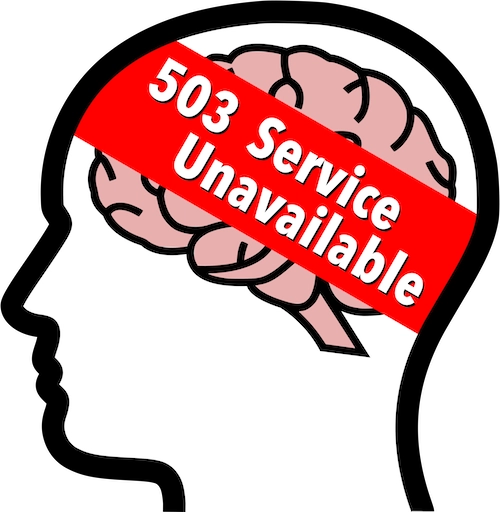
Brain as a Service
Every program your brain runs should have some purpose. You are the operator giving commands and your brain provides its services accordingly. Sometimes...
The cruel fact here is, that most of your brain programs run on autopilot without you knowing, and their services are mostly not in your favor. If you have ever used Windows 85, you know exactly what we are talking here. But, please, do not Ctrl-Q your life now!
Brain Responses
In many ways human brain acts as a server responding to requests. Someone or something has a request and sends it to the server. The server then processes the request and sends back a response.
The same behavior can be seen in your head. For instance, when you want to raise your hand, you create a request for your brain, which then most likely says ok as a response, and then executes your command. Of course, 'ok' is not the only response you brain can throw back.
As an example, you can ask your brain to raise your left hand, but if you don't have it, your brain will respond with some kind of error response like: "Hey you idiot, are you kiddin' me?!?". There is a variety of responses your brain can do.
Response Codes
You may find countless number of different response codes in many different computer systems. Most of them are numeric, which computers only can understand. But some have also a textual representation, which we humans can comprehend.
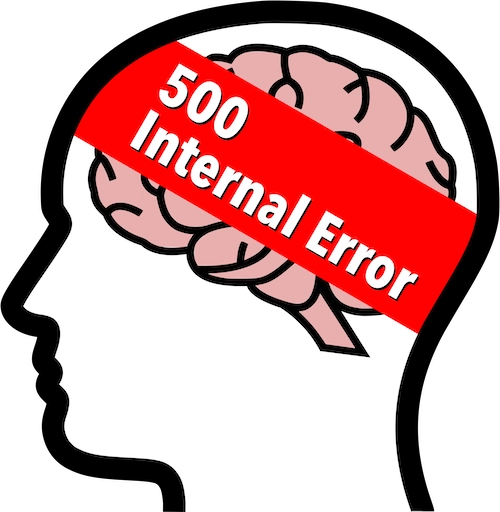
The great example here are HTTP response codes: HTTP is kind of text language that computers use to communicate on the internet. When you wanted to see this page, your browser created a request and sent it to the server that hosts this website. The server then sent a response code 200 OK, which means it understood the request and can send the page back to your browser. Similarly, when you try to load a webpage that does not exist, server responds with an error code 404 Not Found.
See, that's exactly how your brain can respond to requests! Besides, most of HTTP response codes fit perfectly to your brain's communication!
Examples of Brain Response Codes
Here are examples of some common brain responses. Similarity with HTTP response codes is more than obvious:
How to Respond to People's Requests (Life Hack)
Vast majority of people can't see what's going on inside your head. That's why their requests need your verbal or easily recognized non-verbal response, which takes some time and energy - processing power of your brain.
However there's a simple life hack, that allows you to respond to most people's requests automatically, with no effort at all. The only thing you need to do is to pick your default response and make it publicly visible wherever you go. How?
Show your default brain response on a t-shirt!
That's how you can deal with most of unnecessary, bothering, and stupid requests from other people - you can keep your brain unused (so it holds better resale value) or deal with your own thoughts, should you have any.

